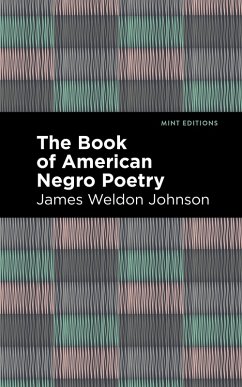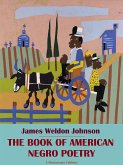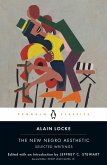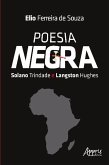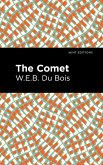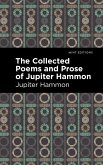The Book of American Negro Poetry (1922) is an anthology by James Weldon Johnson. Alongside some of his own poems, Johnson includes the work of such legendary artists as Paul Laurence Dunbar, W. E. B. Du Bois, Jessie Fauset, and Georgia Douglas Johnson. Carefully selected and supported with a masterful preface by Johnson, the poems herein reflect a range of voices, styles, and subjects drawn from tradition and experience alike. In his preface, Johnson justifies his anthology by identifying its vital purpose: "The public, generally speaking, does not know that there are American Negro poets-to supply this lack of information is, alone, a work worthy of somebody's effort." And the effort was his. In his poem "O Black and Unknown Bards," he asks "O black and unknown bards of long ago, / How came your lips to touch the sacred fire?" Recognizing the need for a reconciliation between the long tradition of black culture and the overwhelming erasure of his own contemporary artists, Johnson highlights the efforts of those poets who "Within [their] dark-kept soul[s], burst into song." Like Johnson himself, many of the poets included in The Book of American Negro Poetry work in a variety of voices, moving expertly from dialect to the traditional lyric in poems that harness the spirit of song and sermon alike. To borrow the words of Joseph S. Cotter Jr., a poet included in this anthology, these poems are elemental in their power to rejuvenate an exclusive national culture, and they "Rise and fall triumphant / Over every thing." With a beautifully designed cover and professionally typeset manuscript, this edition of James Weldon Johnson's The Book of American Negro Poetry is a classic of African American literature reimagined for modern readers.
Dieser Download kann aus rechtlichen Gründen nur mit Rechnungsadresse in A, D ausgeliefert werden.

